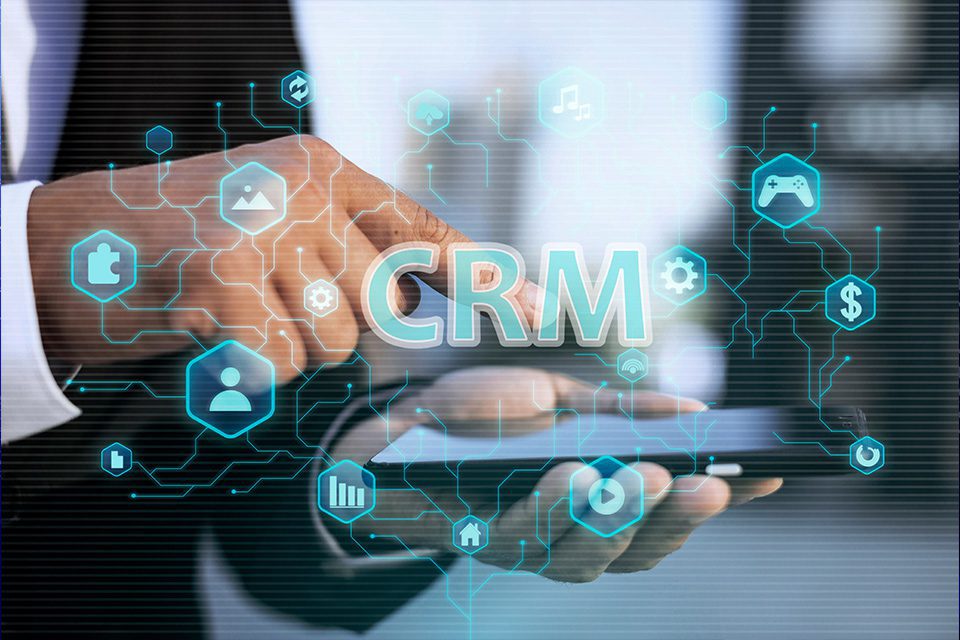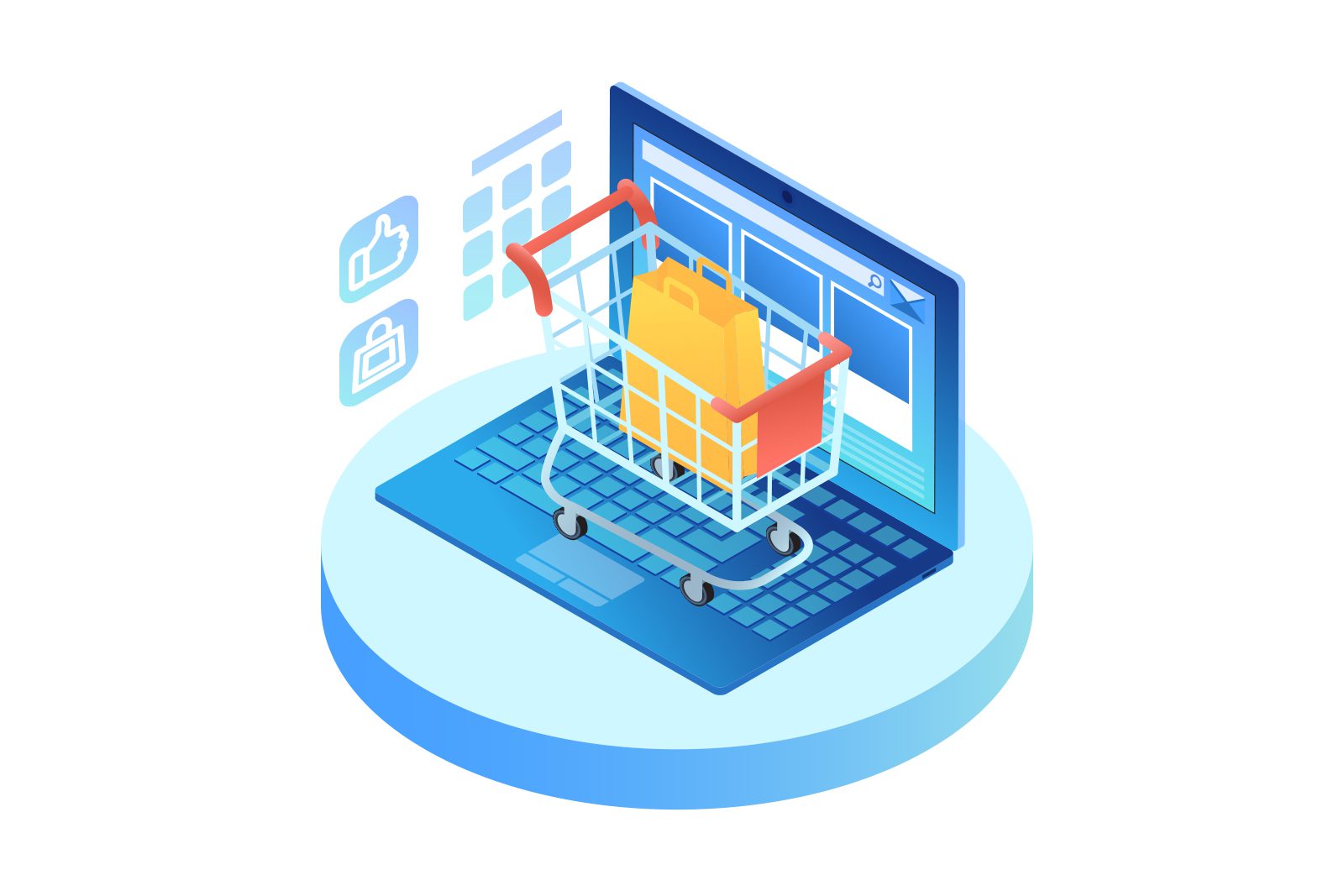Share
Read also

Trends & Views
Digital transformation trends for 2025

Trends & Views
CRM trends for 2025

Trends & Views
ERP trends for 2025

Trends & Views
Digital Delivery Note: Premiere for businesses
Business issues occur on a daily basis. However, whether such issues will turn into potentially significant problems depends on the time required for their identification and resolution. It is highly recommended to pay attention to the indications offered by ERP, as ERP includes any business information and “knows” exactly what is happening at any given time. Nevertheless, this alone is not sufficient, if information is not presented as it should, so as to take them under serious consideration. Your ERP system will prove to be extremely helpful, but only if configured properly.
Notifications and alerts are an important part of an ERP system’s seamless operation, given that they have been set correctly. The most common problems are that users tend to ignore, or not use at all, notifications and alerts, or that these become annoying, overwhelming users with multiple, insignificant messages.
The so-called “under-alarming” usually results from not setting notifications and alerts at all, or not setting the right ones during the deployment process. Alerts and notifications are an integral part of the solution and it is essential that they are properly set, so that you are informed of non-secure conditions. Unfortunately, in many cases, people choose not to use them and, as a result, they are never notified when issues and problems occur.
On the other hand, “over-alarming” is the result of using too many alerts and notifications, which ends up in receiving too many messages. The actual result is the same as not setting alarms at all, since users tend to ignore messages or don’t invest time on analysing the information provided.
In any case, the solution is to set the right number of notifications and alarms on the right conditions. Consider carefully what kind of alarms you want to set and which ones are the right for your business. It is important to take the time to think this through, as only important alarms are useful to your business. The same stands for their configuration.
Another potential issue comes up when processes are not standardized. Again, this is something that ERP technology can resolve, but it is not certain that all employees integrate the standardized processes into all business operations. It is extremely important to check your processes, so that you can ensure that everybody is doing the same thing, in the same way. Thus, you’ll get better insight and will be able to promptly resolve problems.
Properly used, ERP technology shields your business against problems and potential disasters, by y helping management to have control over everything that is happening. In other words, ERP technology provides the necessary prevention means that, in many cases, will help you avoid problems.







